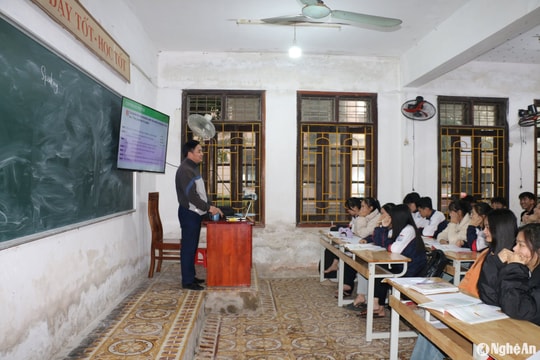New general education program: Who will teach experiential activities?
Associate Professor, Dr. Dinh Thi Kim Thoa, Editor of the experiential activities program, said that in the new general education program, students from grades 1 to 12 will carry out compulsory experiential activities with a duration of about 3 periods/week, these activities will help form necessary skills for students. However, a question arises, who will teach this "subject"?
Ms. Thoa said that up to now, schools have organized for students to increase experiential activities, however, these activities are not regular and systematic. Any educational system has experiential activities parallel to teaching, especially developed countries pay great attention to these activities with many different names. When students participate in many well-organized experiential activities, they will form necessary life skills.
Specifically, there will be 4 groups of experiential activities including: Personal development activities, labor activities, social activities - community service and career guidance activities. These groups of content are implemented through 4 types of experiential activities that are not unfamiliar to students in schools today such as: flag salute activities, class activities, thematic educational activities, and club activities.
At that time, the activities will be divided into groups for the school to organize for students to participate in, such as groups related to volunteer activities, for the community; Groups of exploratory activities such as field trips, sightseeing, picnics; Groups of experimental activities to help children role-play characters and finally groups of activities such as scientific research, small projects that students can participate in according to their interests and desires.
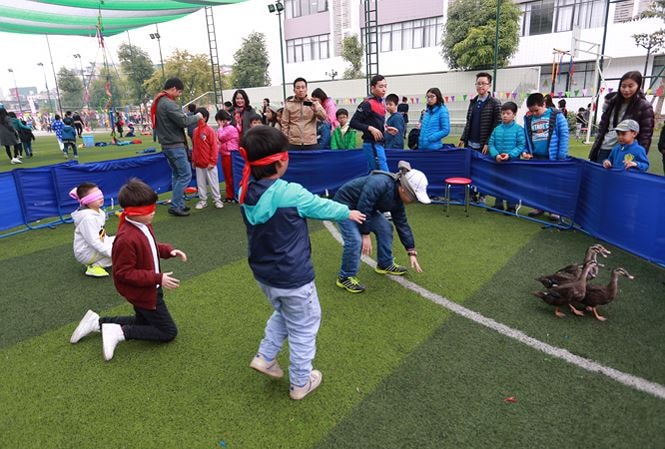 |
| Students in an experiential activity game. Photo: Nguyen Ha |
With the above content groups, depending on age and grade level, the program will design appropriate activities. In primary school, students will focus on personal development, helping to form early skills. In secondary school, students gradually increase social activities and community service. In particular, in high school, career education activities will increase.
However, Associate Professor Dr. Kim Thoa also said that the program is open, so in the framework program, the drafting group only gave suggestions on the content, while the details were developed by the author groups and schools into teaching materials for teachers to refer to.
With the forms of creative experience activities oriented individually and collective activities, there will be detailed instructions for teachers. For example, students will have instructions on how to do it so that they can be introduced to it and do it right away. When doing it many times, it will form their own skills.
Is there a private teacher for the experiential activity?
The principal of a primary school in Hanoi said that experiential activities have long been familiar to students, especially in Hanoi. Right from kindergarten, children are taken to visit museums, watch water puppet shows, circuses, and even go to farms to experience activities such as growing vegetables and feeding chickens and ducks. In primary school, students are given gifts to poor children and children in difficult circumstances, and experience activities related to handicrafts... In secondary and high school, students are allowed to visit historical sites. However, the organization is all done by the schools, homeroom teachers, and subject teachers.
Because of the factor of ensuring health and safety for students, experiential activities when leaving school are always prepared and planned right from the beginning of the school year. This includes financial plans, consulting with parents, organization, safety plans, weather... only then can they be implemented. Therefore, during the school year, experiential activities cannot be organized regularly.
One question is, if in the new program, experiential activities are considered a compulsory program with a duration of about 3 periods/week, will the team rely on new training resources or existing teachers? “If we only rely on existing teachers, we need to train them systematically and have specific guidance documents to achieve the subject's objectives,” said the principal.
Ms. Nguyen Thuy Anh, a History teacher in Ha Tinh, said that in addition to textbook lessons, students are often taken to historical sites to learn and experience reality.
Other subjects such as Literature and Civic Education also incorporate practical knowledge and creative experiences. When taking students out of school, a lot of work has to be done, while the instructors of these activities are still only subject teachers and homeroom teachers.
Not to mention, all extracurricular activities organized by the school now require the consent of parents. Some parents are afraid of problems with transportation and unsafe food, so they do not let them go. Therefore, the school requires the organizing team to always put safety first. If the experiential activities are included in the official program, it will be much more convenient.
Ms. Kim Thoa believes that when being trained in a teacher training college, students are educated in both teaching and education. Therefore, any teacher today, in addition to teaching, also participates in guiding creative activities for students.
Not to mention, for a long time in schools, the staff of the Youth Union, Association... are also the specialized force responsible for guiding general experiential activities. However, when included in the program, teachers will be trained and educated further.
In the new general education program, students from grades 1 to 12 are allowed to participate in experiential activities, in which in grades 2 and 3, they are called experiential activities - career orientation. When included in the new program, it is built in detail towards general competencies that are concretized in experiential activities, according to the announced framework program.

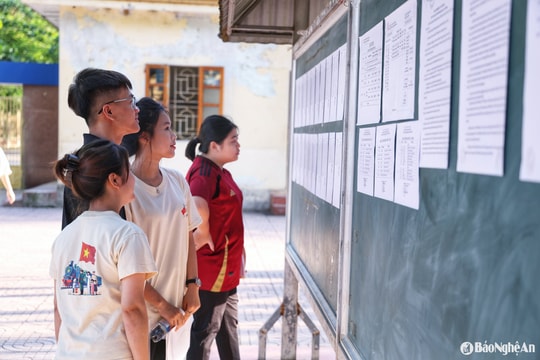
.jpg)
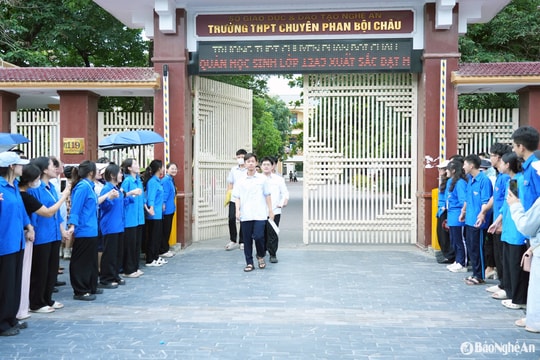
.jpg)
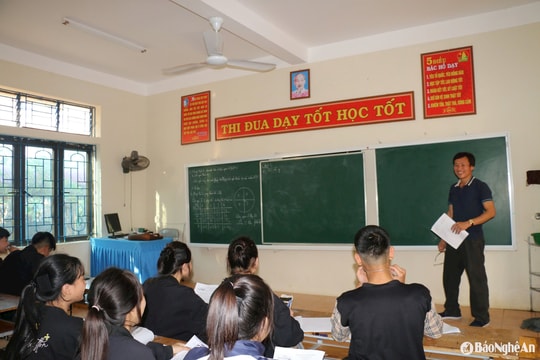
.jpg)
